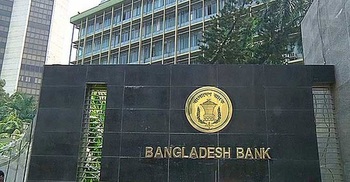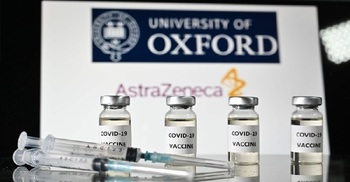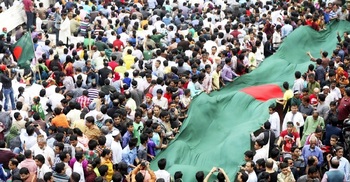Myanmar bans Facebook

All mobile operators, international gateways and internet service providers in Myanmar received February 3 directives from the Myanmar Ministry of Transport and Communications (MoTC) to temporarily block social media service Facebook.
Telenor Myanmar said on February 4 that it has decided to comply with the directive but expressed grave concerns regarding breach of human rights, reports Myanmar Times.
"While the directive has legal basis in Myanmar law, Telenor does not believe that the request is based on necessity and proportionality, in accordance with international human rights law," it said.
“Telecom providers in Myanmar have been ordered to temporarily block Facebook. We urge authorities to restore connectivity so that people in Myanmar can communicate with family and friends and access important information," a Facebook company spokesperson said.
Facebook earlier removed the page of Myanmar's military-owned Myawaddy TV Network saying it is linked to one of several military-linked organisation banned in 2018 for violating the social media giant's policy prohibiting organisations that promote or engage in violence and hate.
Facebook banned 20 Myanmar military individuals and organisations in 2018, including Senior General Min Aung Hlaing and the military’s Myawaddy television network. This ban remains in place, with the individuals and organisations unable to have a presence on Facebook.
The move also comes after Telenor Myanmar reinstated full services in eight townships in Myanmar's Rakhine and Chin states. The network in Buthidaung, Rathedaung, Myabon, Paletwa, Ponnagyun, Myauk-U, Kyauktaw and Minbya was restored after all operators received a directive to open from the Myanmar Posts and Telecommunications Department on February 3, according to Telenor Myanmar. This effectively ends the world’s longest internet shutdowns in Rakhine and Chin.
There were 22 350 000 Facebook users in Myanmar in January 2020, which accounted for 40.4pc of its entire population. People aged 25 to 34 were the largest user group (9,600,000).







